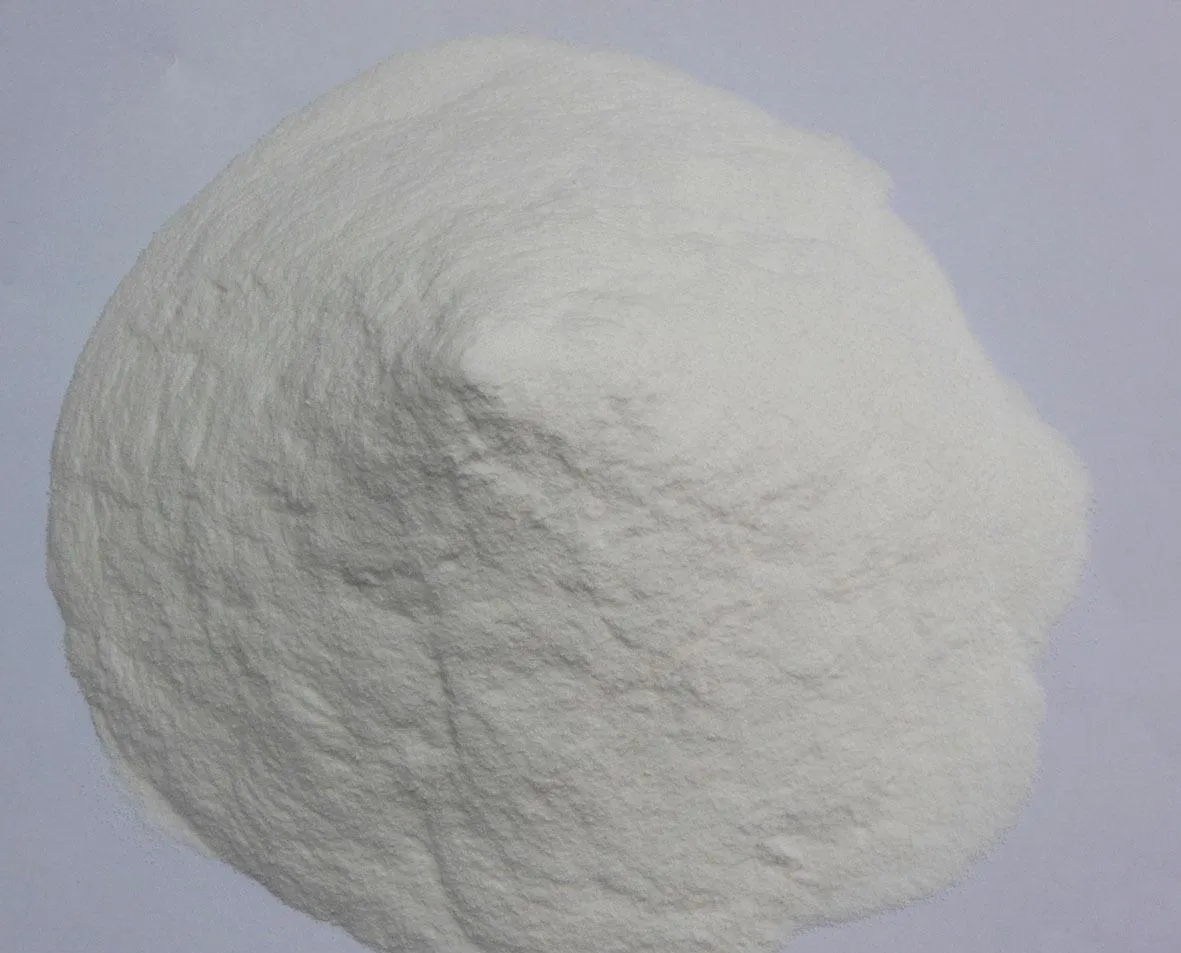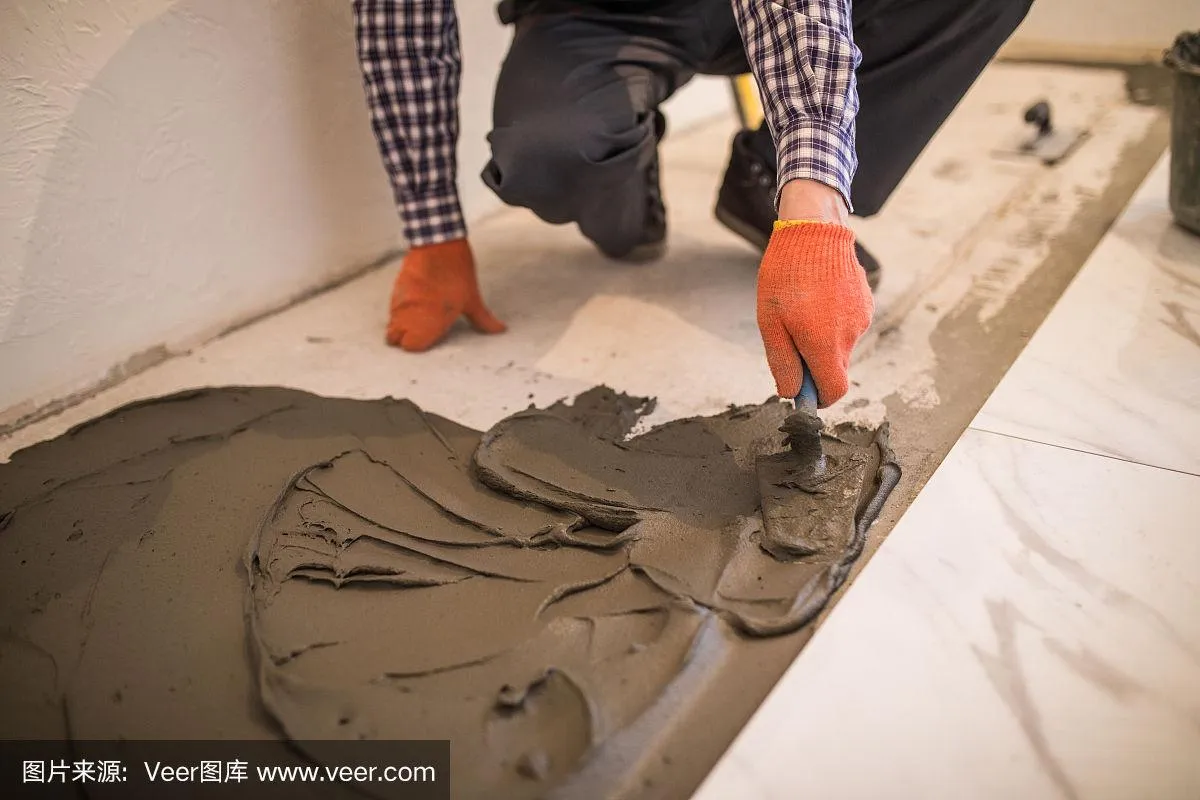
VAE Redispersible Powder and Its Role in Modern Construction Materials
The construction industry continues to evolve with new technologies and innovative additives that enhance the durability and performance of building materials. Among these, VAE redispersible powder stands out as one of the most widely used products. As a type of redispersible polymer, it plays a critical role in dry-mix mortars, adhesives, coatings, and plasters.
This article explores what re dispersible polymer powder is, how redispersible polymer powder RDP is used, and why vinyl acetate ethylene redispersible powder (VAE RDP) dominates the market. We’ll also cover trade regulations such as the redispersible polymer powder HS code, supplier insights, and market share trends.

What is Redispersible Polymer Powder (RDP)?
Redispersible polymer powder RDP is a free-flowing powder created by spray-drying polymer emulsions. When mixed with water, the powder redistributes into a stable emulsion, maintaining properties similar to its original liquid form. This unique process is why the material is sometimes referred to as re dispersible polymer powder.
Key Benefits and Properties
Adhesion: Improves bonding strength between mortar and substrates.
Flexibility: Reduces cracking caused by shrinkage or structural stress.
Durability: Enhances resistance to water, heat, and environmental wear.
Workability: Provides smoother application and better consistency.
Versatility: Compatible with both cement- and gypsum-based systems.
Thanks to these properties, redispersible powder polymer is indispensable in construction. It improves not just the strength but also the longevity of materials, ensuring reliable performance in demanding environments.

VAE RDP and Market Insights
Why Vinyl Acetate Ethylene Redispersible Powder is Popular
The most common type of RDP is vinyl acetate ethylene redispersible powder, also known as VAE RDP. Its advantages include:
Excellent adhesion to mineral surfaces
High flexibility to resist cracking
Cost-effectiveness compared to other polymers
Wide application in tile adhesives, EIFS (External Insulation Finishing Systems), repair mortars, and plasters
These qualities explain why VAE redispersible powder dominates the redispersible polymer powder market share worldwide.
Trade and HS Code Classification
For import and export, products must be properly categorized under the redispersible polymer powder HS code. This classification simplifies customs clearance and ensures compliance with international trade regulations. Manufacturers and buyers often rely on the HS code to manage documentation and logistics efficiently.
Pricing and Suppliers
Các RDP powder price depends on factors such as raw material costs, polymer composition, supplier location, and demand. Bulk orders usually reduce costs, and reliable redispersible latex powder suppliers provide consistent product quality. While VAE-based powders are more affordable, specialty versions like acrylic-based RDPs come at a premium due to enhanced UV or water resistance.
Sources of Information
For general knowledge, many users refer to redispersible polymer powder wiki pages, which provide simplified explanations. However, professionals often consult technical datasheets from suppliers or detailed market research reports to understand the latest industry trends.
Redispersible Polymer Powder Uses
Tính linh hoạt của redispersible polymer powder uses makes it vital for multiple construction applications. These include:
Tile Adhesives and Grouts – Ensures strong bonding between tiles and substrates.
EIFS/ETICS – Improves insulation systems by enhancing crack resistance and weather protection.
Plasters and Skim Coats – Provides better workability and smoother finishes.
Self-Leveling Compounds – Ensures uniform floor leveling with reduced cracking.
Repair Mortars – Improves adhesion and flexibility for long-lasting repairs.
As sustainability becomes increasingly important, manufacturers are developing eco-friendly grades of redispersible polymer to meet modern construction requirements.
Conclusion
Redispersible polymer powder RDP is a cornerstone of the construction additives industry. With its ability to improve adhesion, flexibility, and durability, it is used across applications ranging from tile adhesives to external insulation systems. Among the different polymers available, VAE RDP (vinyl acetate ethylene redispersible powder) holds the largest redispersible polymer powder market share due to its performance and cost-efficiency.
From trade considerations like the redispersible polymer powder HS code to understanding RDP powder price and sourcing from reliable redispersible latex powder suppliers, this additive continues to shape the future of construction. Whether researched on redispersible polymer powder wiki or studied through technical datasheets, the importance of redispersible powder polymer in modern building systems is undeniable.
FAQs About Redispersible Polymer Powder
1. What are the main redispersible polymer powder uses?
Redispersible polymer powder uses include tile adhesives, EIFS, plasters, self-leveling compounds, and repair mortars. It improves adhesion, flexibility, and water resistance in construction systems.
2. Why is VAE redispersible powder widely used?
VAE redispersible powder (or VAE RDP) is popular due to its cost-effectiveness, excellent adhesion, and high flexibility. It currently dominates the global redispersible polymer powder market share.
3. What is the redispersible polymer powder HS code?
Các redispersible polymer powder HS code classifies the product under polymer-based chemical additives for international trade, ensuring smoother customs clearance and compliance.
4. How much does RDP powder cost?
Các RDP powder price varies depending on polymer type, supplier, and order size. Redispersible latex powder suppliers typically offer lower costs for bulk orders, with VAE-based RDP being the most affordable option.
5. Where can I find reliable information about redispersible polymer powder?
General overviews are available on redispersible polymer powder wiki, while technical data is best obtained from manufacturers and suppliers. Market research reports also provide insights into pricing and redispersible powder polymer trends.
-
Hydroxypropyl Starch as a Sustainable Construction AdditiveNewsNov.24,2025
-
The Gelation Properties of CMCNewsNov.21,2025
-
Redispersible Latex Powder and Water Retention CapacityNewsNov.21,2025
-
Dosage Control for Polycarboxylate Water ReducerNewsNov.21,2025
-
Film-Forming Properties of Polyvinyl AlcoholNewsNov.21,2025
-
The Function of Gypsum Additives in MortarNewsNov.21,2025





















